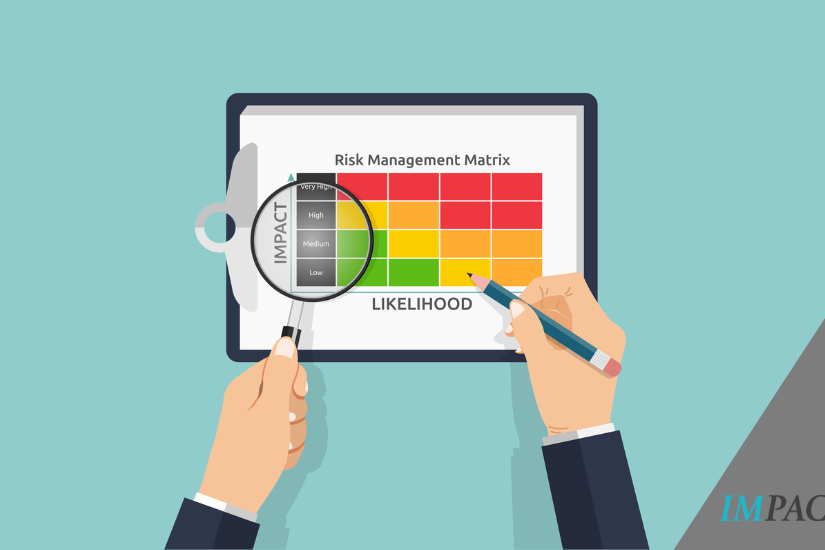SECURE Tax Fairness for Gold Star Families

Next Sunday is Gold Star Mother’s Day, honoring the mothers whose sons and daughters died while serving in our nation’s armed forces.
For thousands of Gold Star families, however, their day of honor will be marked by an undercurrent of financial uncertainty and stress.
The 2017 federal tax reform law unintentionally changed the tax rules for survivors of fallen soldiers. And now an estimated 18,000 Gold Star families have seen their tax bill double, triple or worse.
Like most tax issues, the details about this situation are complicated. But you don’t have to be a tax expert to appreciate the financial ramifications on Gold Star families.
The Washington Post, ABC News and PoliticoPro have all written stories that describe how this unfortunate situation occurred. And as Jessica Braden-Rogers told ABC News, the impact is tangible.
“That very well could have paid for all of (my son’s) braces,” Braden-Rogers said about the $4,500 in taxes she paid on her son’s survivor benefits last year.
Members of Congress have worked to correct this problem and have introduced bills to fix it. One of the bills was included in the Setting Every Community Up for Retirement Enhancement (SECURE) Act, which the U.S. House of Representatives passed, 417-3.
The U.S. Senate has an opportunity to act on SECURE this fall.
Along with provisions for employees of small businesses, this legislation would make sure Gold Star families don’t face another oversized tax bill for 2019.
Gold Star families have endured enough heartache and hardship.
In honor of our fallen soldiers and their families, the Senate should pass SECURE and deliver tax fairness.





